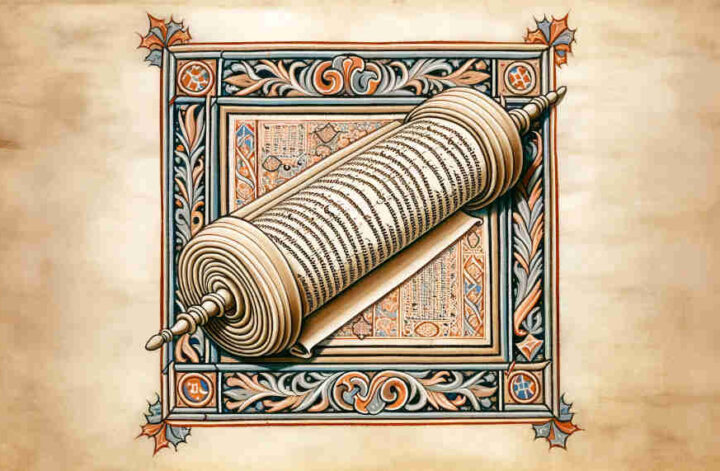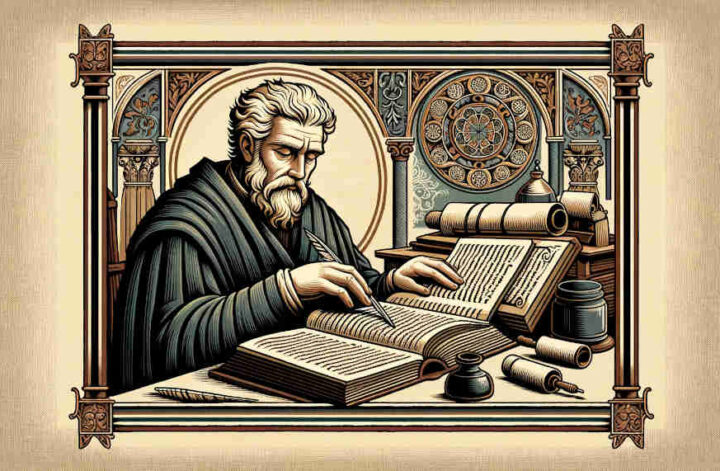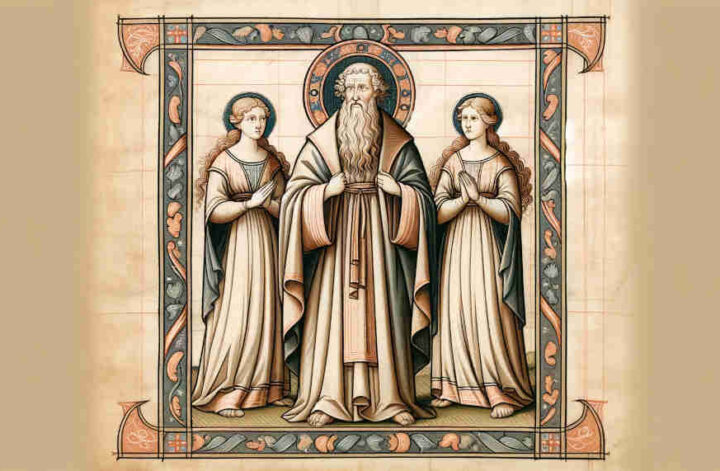Question from a Reader:
From: Ethan
Subject: Torah Study for Noahides
Dear Rabbi Joshua,
I recently read your answer regarding whether Noahides can study the Torah. If they are not permitted to study the entire Torah, could you clarify which parts are permissible for them to study?
Warm regards,
Ethan
Guidelines for Torah Study by Noahides
Dear Ethan,
Your follow-up question provides an opportunity to delve deeper into the specifics of Torah study for Noahides. As previously discussed, while there is a traditional focus for Noahides to study parts of the Torah that are directly relevant to them, understanding what this entails can be enlightening.
The core of Noahide study revolves around the Seven Laws of Noah, which are briefly mentioned in the Torah and elaborated upon in the Talmud and later rabbinic writings. These laws are:
- Do not commit idolatry: Refraining from worshipping false gods.
- Do not blaspheme: Respecting the sanctity of God’s name.
- Do not murder: Valuing and preserving human life.
- Do not engage in illicit sexual relations: Upholding the sanctity of family and moral relationships.
- Do not steal: Respecting the property and rights of others.
- Do not eat the flesh of a living animal: Demonstrating compassion for animals.
- Establish courts of justice: Creating a just legal system to enforce these laws.
For Noahides, studying sections of the Torah and Talmud that elucidate these laws is not only permitted but encouraged. This includes understanding the ethical and philosophical underpinnings of these commandments, as well as their practical applications. For instance, the Genesis narrative, which includes the story of Noah and the Flood, forms a foundational part of this study, as it sets the stage for the Noahide Laws.
Specific Sections of the Torah for Noahide Study
1. Genesis (Bereishit)
Creation and the Early Patriarchs: Genesis chapters 1 through 11, which cover the creation of the world, the story of Adam and Eve, Cain and Abel, the Flood, and the Tower of Babel, are fundamental. They lay the groundwork for understanding humanity’s relationship with God and with each other, setting the stage for the Noahide Laws.
The Stories of the Patriarchs: The narratives of Abraham, Isaac, and Jacob, found in Genesis 12 through 50, are rich in ethical and moral teachings. Abraham’s journey, in particular, is a study in faith and righteousness that transcends specific Jewish commandments.
2. Exodus (Shemot) – Selected Portions
The Exodus Narrative: The story of the Israelites’ slavery in Egypt and their subsequent liberation is a powerful narrative about faith, freedom, and divine justice. Key sections include Exodus chapters 1-15.
The Ten Commandments: Found in Exodus 20, these commandments lay down fundamental ethical guidelines that are relevant to all humanity.
3. Leviticus (Vayikra) – Holiness and Ethics
Holiness and Moral Conduct: Leviticus chapters 17-20, often referred to as the “Holiness Code,” contain universal ethical teachings, such as the commandment to love one’s neighbor (Leviticus 19:18).
4. Numbers (Bamidbar) and Deuteronomy (Devarim) – Selected Narratives
These books contain narratives and speeches that include moral and ethical teachings, such as the importance of justice and the dangers of idolatry.
5. Prophetic Writings
While not part of the Torah proper, the writings of the prophets (Nevi’im) are also a rich source of ethical teachings and insights into the universal aspects of God’s message. Books like Isaiah and Micah contain powerful teachings on justice, peace, and ethical monotheism.
In summary, the study for Noahides should focus on the universal principles and ethical teachings of the Torah, particularly those related to the Seven Laws of Noah. This study is not only permissible but is seen as a pathway to spiritual growth and understanding of God’s will for all humanity.
As always, I encourage those on this path to seek out knowledgeable guidance and resources to aid in their study. May your journey through the wisdom of the Torah be fulfilling and enlightening.
Shalom and blessings,
Rabbi Joshua


